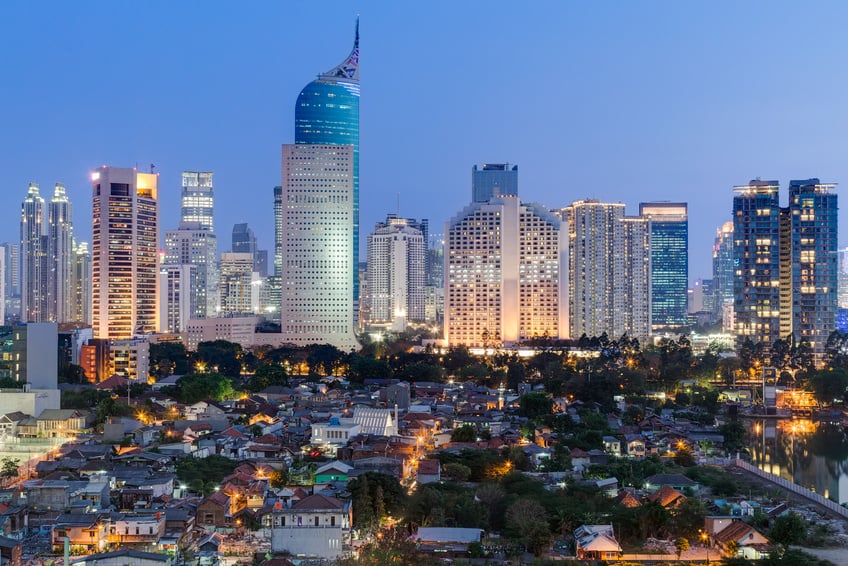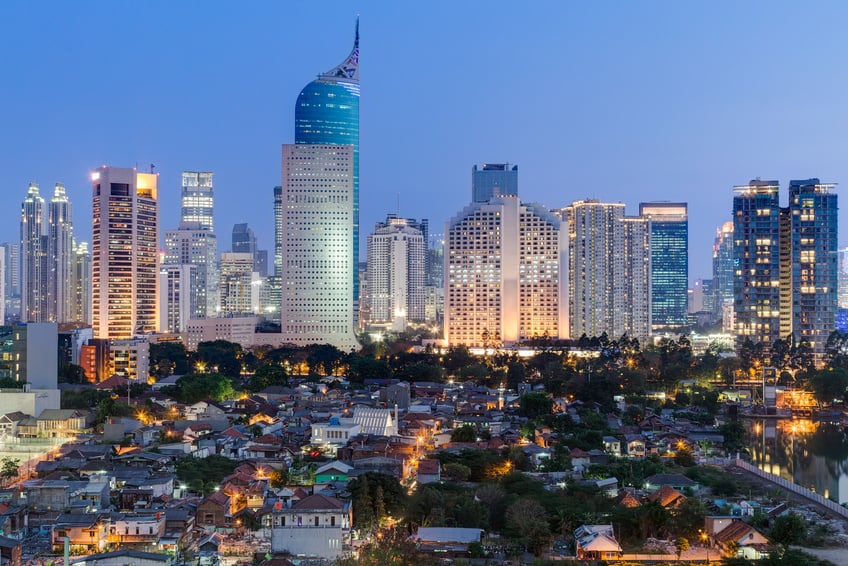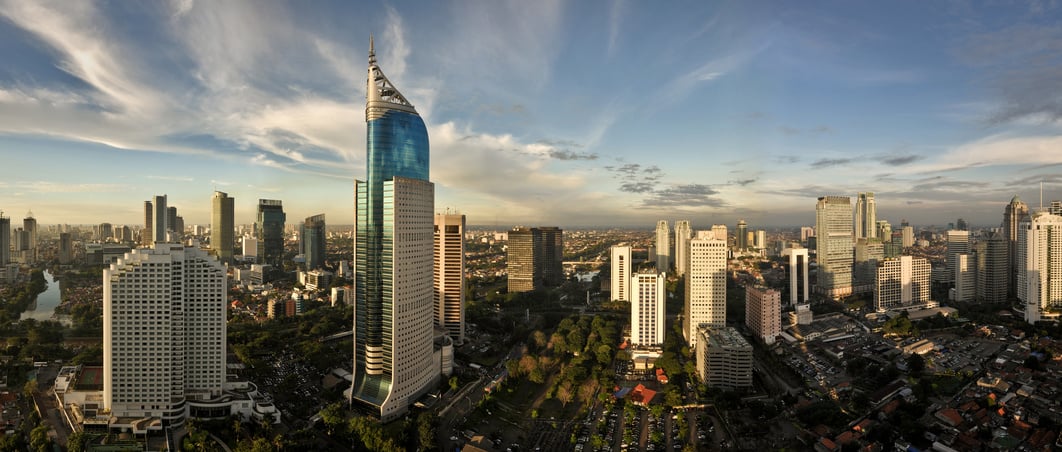In 2019, the Indonesian Competition Commission (KPPU) issued a regulation that asserted that KPPU has the authority to review acquisitions of assets, not just acquisitions of shares. Since then, hundreds of acquisitions of asset transactions have been notified to KPPU. KPPU’s concepts of “assets” and their “acquisition” under this regulation are very broad.
Indonesia’s Consumer Protection Law generally takes a light-handed approach to protection of consumer interests. It generally seeks to lay out the principles for protecting consumers’ interests, leaving detailed regulations to the regulators and to industry self-governance. However, it does list specific types of clauses that are prohibited. Anyone who includes prohibited clauses in an agreement would be subject to the threat of criminal penalty of up to five years imprisonment or a fine of up to IDR 2 billion (around USD 130,000). Given these risks, it is crucial for any consumer-facing business to understand what types of clauses are actually prohibited and how it can ensure that it is compliant with these prohibitions.
On 30 August 2022, the Indonesian competition authority (“KPPU”) issued Circular No. 9/KPPU/SE/VIII/2022, clarifying that it will accept apostilled foreign official documents.
Since Indonesia acceded to the Apostille Convention in 2021, The KPPU’s position on this has been unclear, particularly with regard to how powers of attorney issued abroad should be processed. With this Circular, it the authority has now confirmed that documents issued in a member state of the Apostille Convention will only need to be notarized and apostilled to be accepted by KPPU.
On 30 August 2022, the Indonesian House of Representatives agreed to pass a law ratifying the Regional Comprehensive Economic Partnership, the largest regional free trade agreement outside the World Trade Organization — involving 10 ASEAN countries and five non-ASEAN countries, i.e., China, New Zealand, Australia, Japan and South Korea. With the passing of this law, which still requires promulgation by the President, RCEP is set to come into force for Indonesia, possibly before the end of the year.
The Government has begun the process of “re-doing” the Law No. 11 of 2020 on Job Creation as was mandated by the Constitutional Court on 25 November 2021. It has issued an amendment to the law governing the legislative process to accommodate the omnibus law method used for this law. The Government must now involve the public in a meaningful way in discussing the substance of the law that will replace Law No. 11 of 2020, while still completing the whole process by the 25 November 2023 deadline. In the meantime, the amendment itself is still subject to constitutional challenges.
The Indonesian Competition Commission (Indonesian acronym “KPPU”) has issued a regulation revoking the policy that extended the deadline for merger filings to 60 working days since closing, from 30 working days. The original deadline will be applicable effective 1 May 2022. Since November 2020, the authority has been implementing relaxation policies for competition matters due to the COVID-19 pandemic, including the extended deadline for merger filings.
In February 2022, the Indonesian Competition Commission issued the first decision of this type on the cooperation between PT Pos (Persero), the state-owned postal and package delivery company, and Agenpos, its small business partner, under a separate law governing such activities.
On 25 November 2021 the Constitutional Court decided that Law No. 11 of 2020 on Job Creation (Law No. 11 of 2020) – commonly known as “Omnibus Law” after its format – is conditionally un-constitutional. Though the Law will remain in effect, the Government must remedy the procedural flaws within two years.
The new regulation was intended to facilitate a more through appeals process, following other recent legislative changes to the appeals procedure. However, companies facing investigation should factor in the possibility that appeal hearings may continue to be limited to a short review of the KPPU files.
On 4 February 2021, the Government published its long-awaited draft implementing regulations on the job creation law (the “Omnibus Law”). Previously, the competition authority could impose an administrative fine for competition law infringements of up to IDR 25 billion. The new maximum penalty will be either 50% of the profit gained by the violating party in the period in which it was in violation or 10% of its revenue. The new regulations also introduce other factors to be considered in determining penalties, as well as amendments to the appeals procedure.
It is unclear when this draft, which was to be issued within three months after enactment of the Omnibus Law, i.e. 2 February, will be signed and in force.




